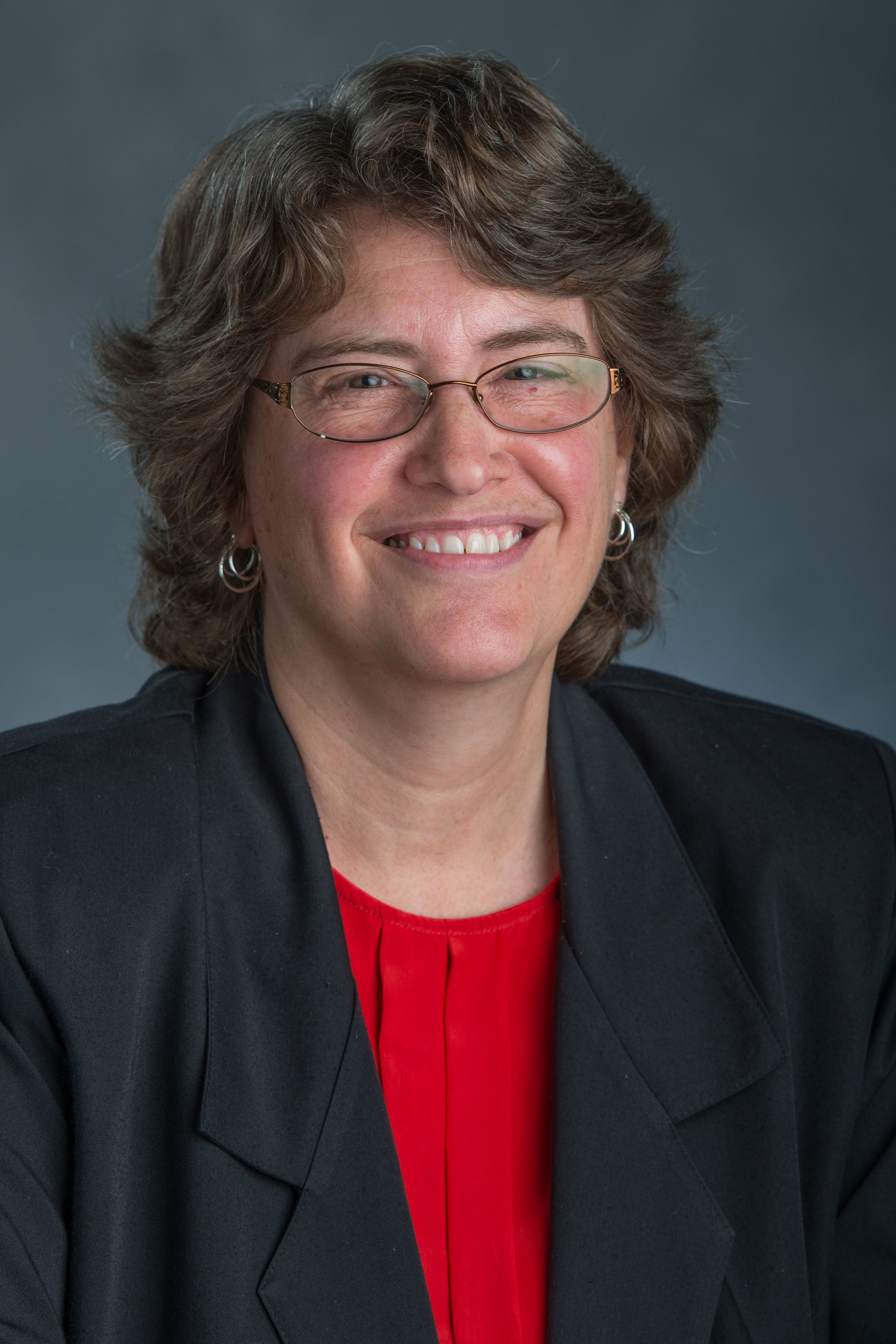Profile: Holly Rosen
Rosen Leads MSU Safe Place — A National Model for More Than Two Decades
 Holly Rosen knows that college campuses are not immune from relationship violence and stalking. More than two decades ago, she helped establish MSU Safe Place as the first relationship violence shelter and support program on a college campus in the United States.
Holly Rosen knows that college campuses are not immune from relationship violence and stalking. More than two decades ago, she helped establish MSU Safe Place as the first relationship violence shelter and support program on a college campus in the United States.
Today, the model program remains the largest of its kind in the country, serving up to 200 adults and children each year. All services are free and confidential. Students and others affiliated with MSU can access services 24 hours a day, seven days a week.
“We have the capacity to take people with no children, those with five or six kids, students, faculty, staff, male victims – we’re unique in the country in being able to offer a haven to people right here on campus,” said Rosen, the program’s director.
The mission of MSU Safe Place is to ensure the safety, welfare and dignity of those who experience relationship violence and stalking on campus and in the greater Lansing community. Beyond emergency shelter, it provides advocacy, support groups, counseling, referrals, safety planning, child care, transportation and other services necessary for survivors to escape the violence in their lives.
The program also serves as a learning environment for students and community members. Along with volunteer and internship opportunities, Safe Place provides training and education to some 15,000 individuals each year. Offerings include educational presentations for MSU and community organizations, professional trainings for service providers and other professionals, and consulting services for campus and community-based agencies and professionals.
In addition, Rosen also teaches an MSU undergraduate seminar on power and privilege, and is a field instructor for the MSU School of Social Work.
An important part of the Safe Place mission to collaborate closely across campus and in the Lansing area to combat relationship violence and stalking. “We do not work in a silo,” she said. “We have a large, varied community, and we work closely with others.”
A proud MSU alumna, Rosen has been recognized multiple times for her contributions. Among other honors, she received the 1998 Sunshine Peace Award, a national award established by the Sunshine Lady Foundation to honor those who work on domestic violence. In 2014, the Michigan Coalition to End Violence Against Women chose her to receive its Award for Outstanding Advocacy and Community Work in Ending Violence Against Women, and in 2012 the Ingham County Bar Association gave her its Liberty Bell Award, which recognizes outstanding service performed by a non-lawyer citizen to strengthen the effectiveness of the American system of freedom under law.
At the campus level, she was honored last year by the MSU Women’s Resource Center as “Inspirational Women of the Year” for her efforts to build a culture of empowerment across campus. The MSU Family Resource Center has also honored her for her leadership.
“Relationship violence and stalking are two crimes that exist in all campus communities at a consistent rate,” Rosen said. “MSU is lucky to have such a comprehensive service for those in need.”
People often ask her whether she gets frustrated working on a problem as pervasive and intractable as relationship violence.
While she acknowledges the pace of change can be discouraging, she finds her work more fulfilling than frustrating.
“For me, one thing that makes it so fulfilling is that I learn a great deal from survivors,” she said. “I am in awe of how strong survivors are.”
###

